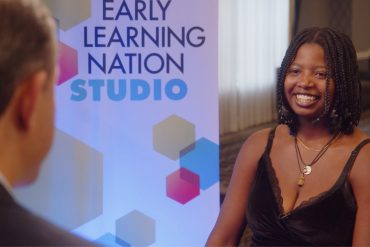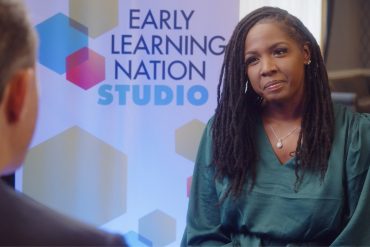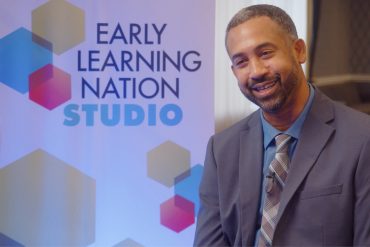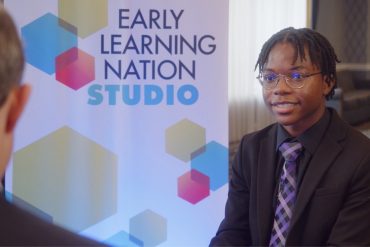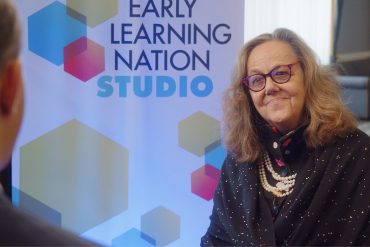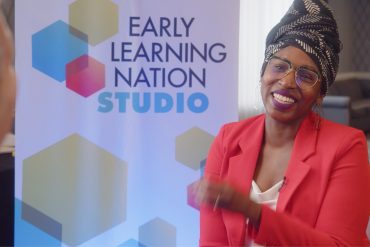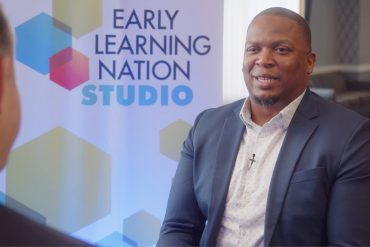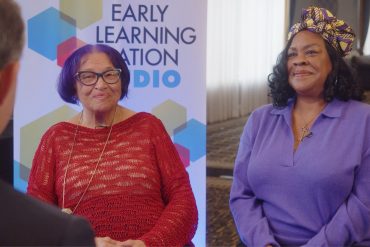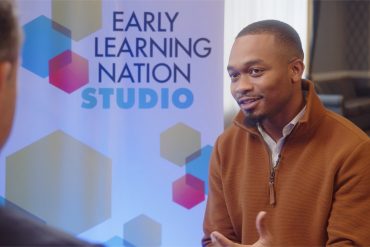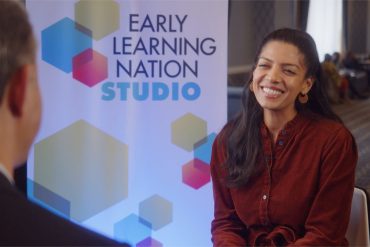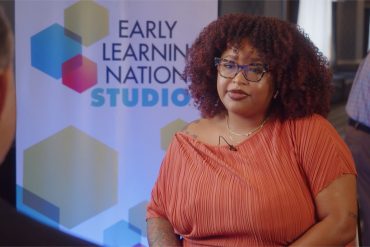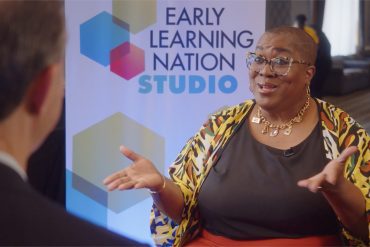Kumani Bey may still be in high school, but her art—using words, filmmaking and more— is giving voice to multiple causes and making impact across all ages. Kumani joined the NBCDI Conference as a Youth Speaker to highlight America’s technology gap and its impact on Black children.
[molongui_author_box layout=slim box_background=#e6e6e6 profile_layout=layout-3 show_headline=no]
As Senior National Education Administrator for T-Mobile for Education, Dr. Kiesha King helps oversee T-Mobile’s Project 10Million, a $10.7 billion effort to bridge the digital divide by providing access to devices to “ensure internet access is not a barrier to a child's education.”
How do you ensure that Eight Essential Outcomes for Black Child Development get to communities, schools, educators, leaders, researchers, policymakers and parents anywhere—or everywhere—in the U.S.? Build a National Village Network, explains NBCDI’s Director of Community Engagement.
As a high school senior, Rotimi Kukoyi was accepted to all 15 colleges to which he applied. Now, as a UNC student, NBCDI Public Voices Fellow and Morehead-Cain Scholar, Kukoyi explains his mission to ensure that our “education system is properly equipped to provide students from all backgrounds with equitable opportunities in education.” Education, he notes, “should not be limited by a student's income, geographic area or their parents' education status.”
Dr. Joan Lombardi has spent her career exploring early childhood learning from multiple perspectives: policy, public sector, private sector, university and more. Among her current efforts is leveraging unique survey data and insights to identify “material hardships” that parents face, and identifying new ways to empower communities to advance the developmental continuum and—in Dr. Lombardi’s words—“raise the barn” together.
Dr. Raquel Martin, a licensed clinical psychologist, professor and scientist, describes how black mental wealth encompasses mental health and well-being “because mental health and physical health and the way individuals are treated in society are all linked.” And shares how we all can start to address the challenge by first seeing “children as children.”
Every child has a story. And the BCDI-Carolina’s Marketing & Communications Manager explains why—in order to improve all children’s learning experience—it’s incumbent on all of us to listen to their stories and know how to share them with others.
From BCDI-Greater Los Angeles comes an ageless African tradition: Mind your elders. After all, from lessons on wisdom to respect, they have important insights for parents and children alike.
Kamren Rollins wears multiple hats, serving as BCDI-DC President and COO of the Southeast Children's Fund. Both roles, however, share the same mission: Advancing opportunities for greater learning among—and enhancing development opportunities for—D.C.’s children, from the classroom to wraparound services.
Sonya Soni, Advocacy Program Director, Boston University Center for Antiracist Research, connects global insights from India to Los Angeles to explore how a sense of belonging—as well as something she calls “poetry in policymaking”—can impact structural obstacles to child and family welfare.
As part of their effort to target early childhood from ages zero to eight, BDCI-Colorado President Jalen Taylor is working to expand their reach across the Rocky Mountain state – with a special focus on mental health and wellness.
From the area they call “The 757,” BCDI-Hampton Roads is focused on literacy and parent engagement – from giving away books to holding parent workshops and beyond. And President Darlene Walker leads the way.


